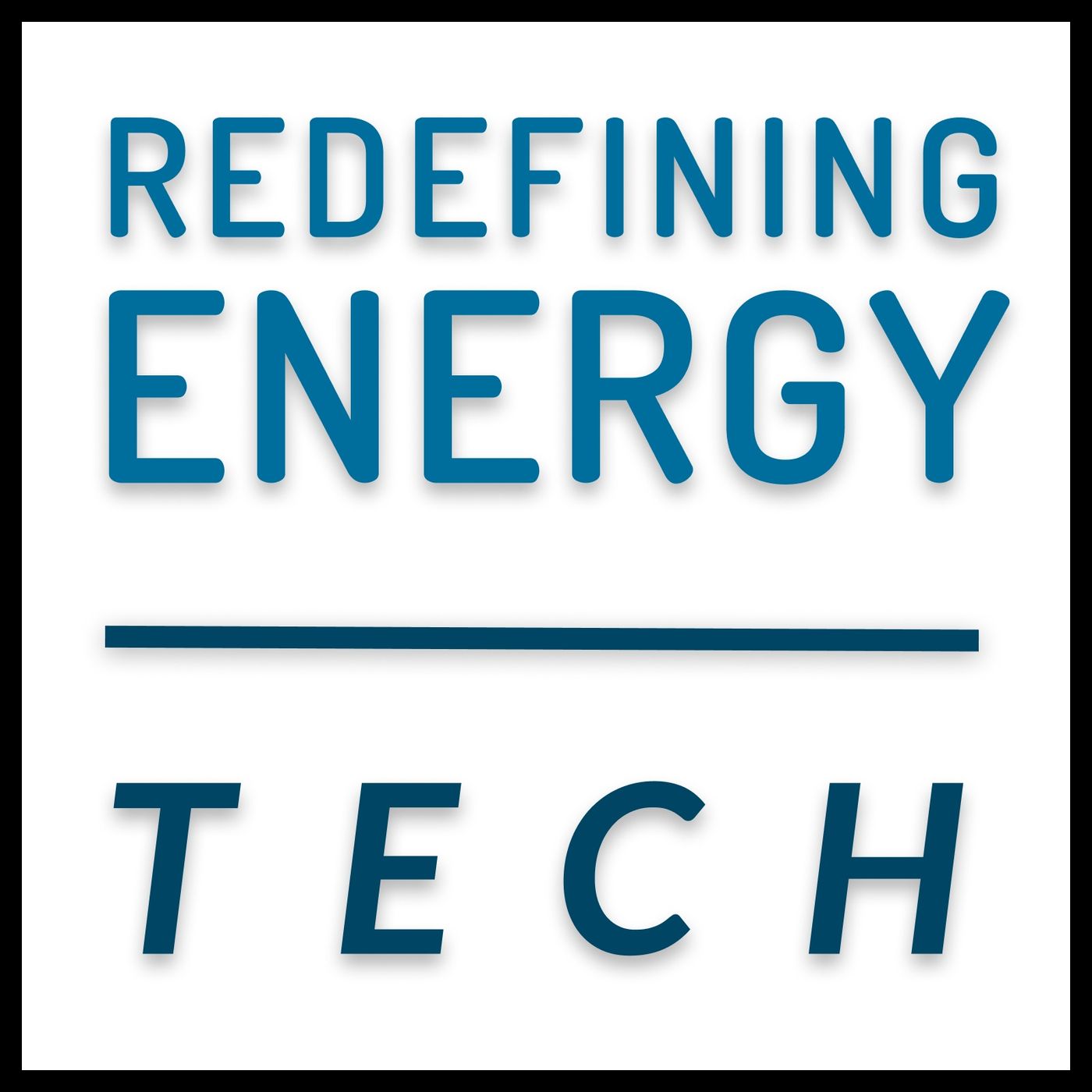8. The Quest for a Carbon-Neutral Maritime Future 2/2
Description
Michael Barnard welcomes back Elisabet Liljeblad, the sustainability and energy lead with Stena Teknik, for the second half of their conversation on redefining energy Tech.
They start by discussing the efficiency of electric drive trains in shipping and compare it to reciprocating engines.
Methanol is explored as a shipping fuel with lower emissions and cleaner burning properties. Ammonia is discussed as a potential transportation fuel but poses toxicity and safety challenges.
Hydrogen is also considered, highlighting its clean combustion but issues with storage, cost, and low conversion efficiency. Equinor abandoned their cryogenic hydrogen bunkering due to high costs. There are doubts about the viability of hydrogen-powered ships, as batteries tend to be cheaper. However, some companies like Swedish Goslin Ferries are still pursuing hydrogen solutions. The challenges of producing and storing liquid hydrogen make it less energy-dense than diesel or ammonia.
A potential solution for ships is a battery-biofuel hybrid model that gradually replaces diesel with biodiesel over time. Electrification using containerized batteries in ports and on ships is another promising option, especially for roll-on/roll-off vessels. Collaboration between the shipping and rail industries could allow shared use of battery containers for more efficient electrification efforts.
Additionally, bunkering electrons instead of conventional fuel is being explored as an alternative for reducing emissions from cruise ships in Norwegian fjords by 2026. Liljeblad discusses the concept of electron bunkering vessels, which are ships with batteries that provide energy to other ships. She emphasizes the need for a total rethink in how we value companies and use resources to address environmental issues.
Liljeblad closes by highlighting the importance of individual responsibility and making sustainable choices as consumers. She believes there is great potential for electrifying container shipping and using existing solutions to transition towards a more sustainable future.
More Episodes
In this second part of the episode, Michael Raynor and Michael Barnard offer an in-depth analysis of the comparison between hydrogen fuel cell and battery electric buses, focusing on key findings and discrepancies in a recent CUTRIC study.
Barnard critically examines issues related to...
Published 11/20/24
Published 11/20/24
In this episode, host Michael Barnard engages in an enlightening conversation with Michael Raynor, co-author of The Innovator’s Solution and an expert in carbon reduction strategies. Raynor shares his personal journey into sustainability, the evolution of his focus on decarbonization, and his...
Published 11/06/24


